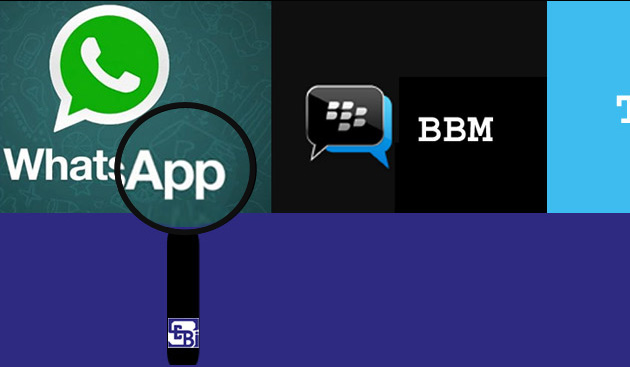With Sebi (Securities and Exchange Board of India) now planning to take a closer look at BBM, WhatsApp and similar services, it seems like the rising popularity of mobile messaging apps is not just proving to be a thorn in network operators’ sides. The board is concerned that the value of stocks can be manipulated by unscrupulous parties who can do so without being detected, thanks to such applications.
Market manipulators have supposedly been employing social networking services like Facebook and Twitter as well as blogs, to put out word in a deliberate attempt to influence stock prices. But the fact is that such means of communication are practically open to the public. Data which is let out slyly through these platforms is relatively easier to spy out than encrypted messages, says a Times of India report.

Apparently, Sebi has enough proof to back its claim that market manipulation and insider trading are being helped along by OTT services. Not only are messages sent via these data connection-dependent apps less expensive to use as compared to deploying regular texts, but they are also more difficult to decode. The Sebi and its team of IT experts have yet to solve the issue of not being able to track the original source from which the concerned messages are spread.
This is the third time in three weeks that messaging utilities like Facebook Messenger, BBM and WhatsApp have made waves. A Garner study recently revealed that even though India’s mobile services market is set to gain 1.2 trillion INR in revenues this year, network operators might have to expect less profits per customer owing to the increasing reach of VoIP and OTT facilities. Then Informa also threw in some statistics indicating that apps utilized for messaging are now more popular than traditional texts.
Sebi appears to be working hard on a plan of action that will help it deal with the problems caused by WhatsApp, BBM and the other implied OTT services. An outright ban on such facilities can probably be ruled out considering their contribution to the mobile messaging space and market penetration. And such a move would hardly be considered democratic by most consumers, unless we’re sorely mistaken.
